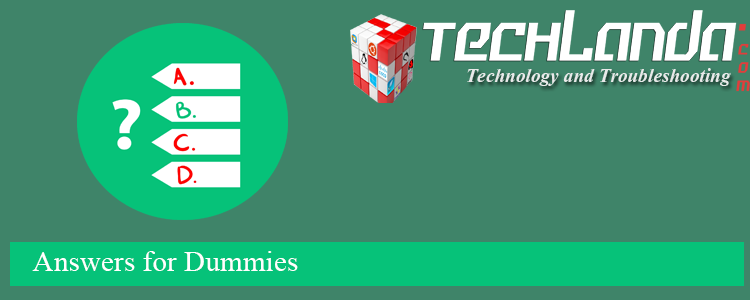Which chkdsk.exe switch fixes errors detected on disk and requires dismounting the volume?
- /F
- /R
- /X
- /C
EXPLANATION
Checks the file system and file system metadata of a volume for logical and physical errors. If used without parameters, chkdsk displays only the status of the volume and does not fix any errors. If used with the /f, /r, /x, or /b parameters, it fixes errors on the volume.
Important
Membership in the local Administrators group, or equivalent, is the minimum required to run chkdsk. To open a command prompt window as an administrator, right-click Command prompt in the Start menu, and then click Run as administrator.
Important
Interrupting chkdsk is not recommended. However, canceling or interrupting chkdsk should not leave the volume any more corrupt than it was before chkdsk was run. Rerunning chkdsk checks and repairs any remaining corruption on the volume.
Important
Note: Chkdsk can be used only for local disks. The
command cannot be used with a local drive letter that has been
redirected over the network.Syntax
chkdsk [<Volume>[[<Path>]<FileName>]] [/f] [/v] [/r] [/x] [/i] [/c] [/l[:<Size>]] [/b]
| Parameter | Description |
|---|---|
| <Volume> | Specifies the drive letter (followed by a colon), mount point, or volume name. |
| [<Path>] | Use with file allocation table (FAT) and FAT32 only. Specifies the location and name of a file or set of files that you want chkdsk to check for fragmentation. You can use the ? and * wildcard characters to specify multiple files. |
| /f | Fixes errors on the disk. The disk must be locked. If chkdsk cannot lock the drive, a message appears that asks you if you want to check the drive the next time you restart the computer. |
| /v | Displays the name of each file in every directory as the disk is checked. |
| /r | Locates bad sectors and recovers readable information. The disk must be locked. /r includes the functionality of /f, with the additional analysis of physical disk errors. |
| /x | Forces the volume to dismount first, if necessary. All open handles to the drive are invalidated. /x also includes the functionality of /f. |
| /i | Use with NTFS only. Performs a less vigorous check of index entries, which reduces the amount of time required to run chkdsk. |
| /c | Use with NTFS only. Does not check cycles within the folder structure, which reduces the amount of time required to run chkdsk. |
| /l[:<Size>] | Use with NTFS only. Changes the log file size to the size you type. If you omit the size parameter, /l displays the current size. |
| /b | NTFS only: Clears the list of bad clusters on the volume and rescans all allocated and free clusters for errors. /b includes the functionality of /r. Use this parameter after imaging a volume to a new hard disk drive. |
| /scan | NTFS only: Runs an online scan on the volume. |
| /forceofflinefix | NTFS only: (Must be used with "/scan"). Bypass all online repair; all defects found are queued for offline repair (i.e. "chkdsk /spotfix"). |
| /perf | NTFS only: (Must be used with "/scan"). Uses more system resources to complete a scan as fast aspossible. This may have a negative performance impact on other tasks running on the system. |
| /spotfix | NTFS only: Runs spot fixing on the volume. |
| /sdcleanup | NTFS only: Garbage collect unneeded security descriptor data (implies /F). |
| /offlinescanandfix | Runs an offline scan and fix on the volume. |
| /freeorphanedchains | FAT/FAT32/exFAT only: Frees any orphaned cluster chains instead of recovering their contents. |
| /markclean | FAT/FAT32/exFAT only: Marks the volume clean if no corruption was detected, even if /F was not specified. |
| /? | Displays help at the command prompt. |


0 comments:
Post a Comment